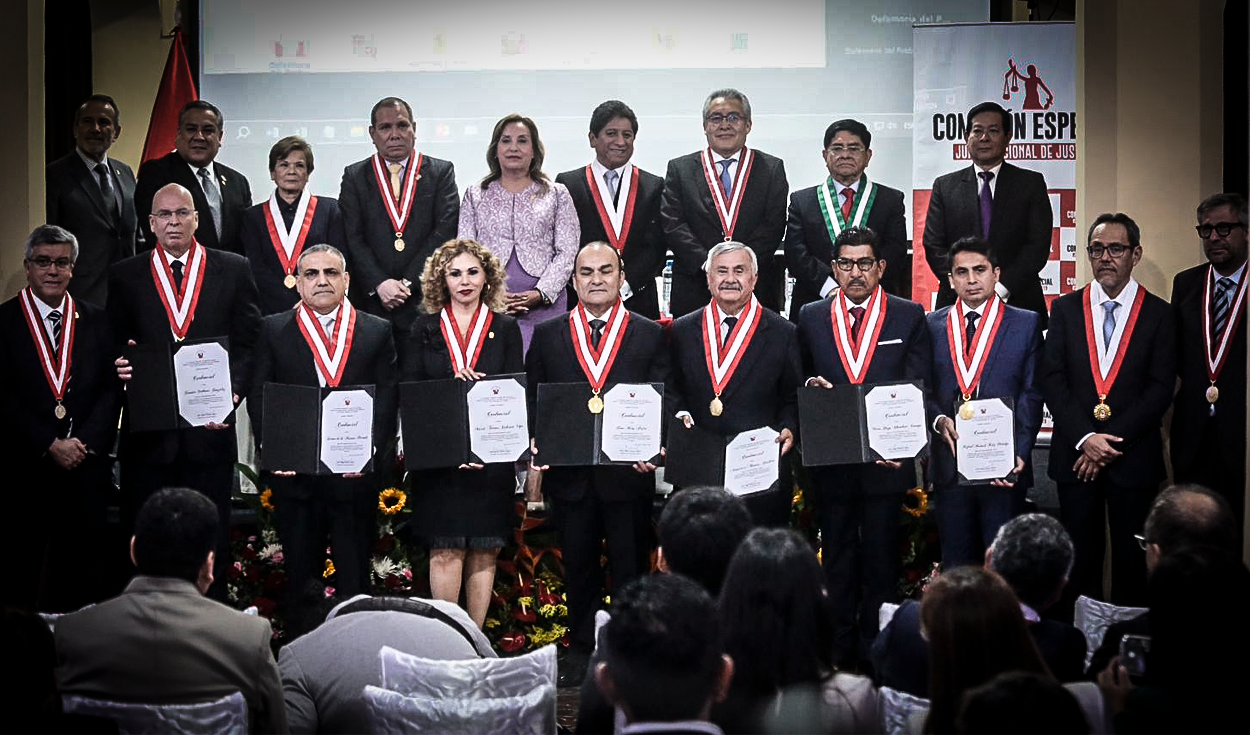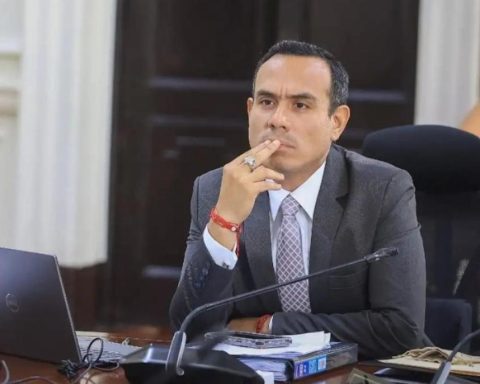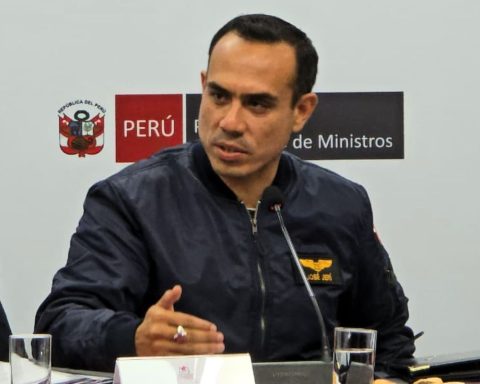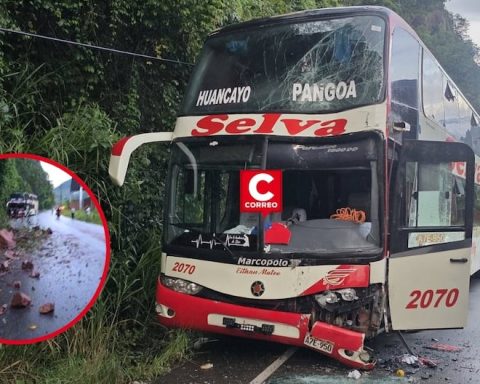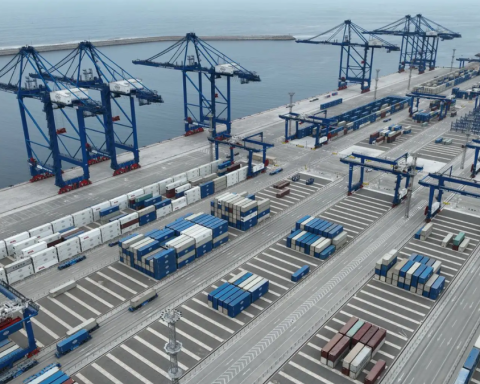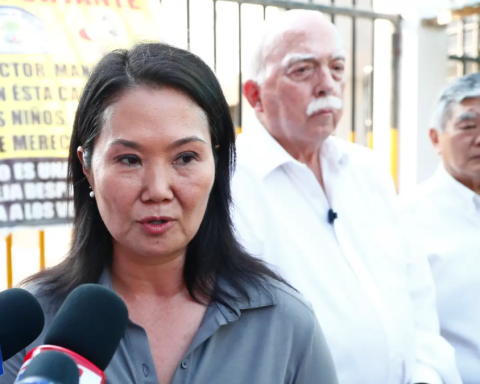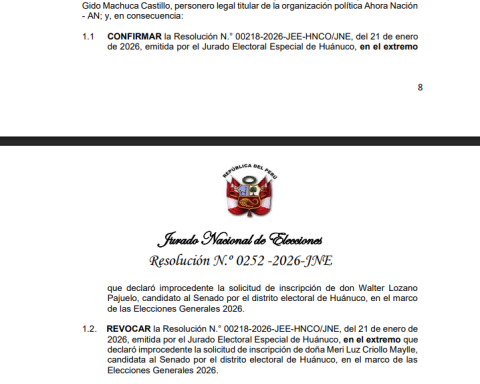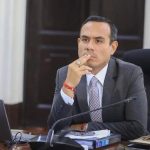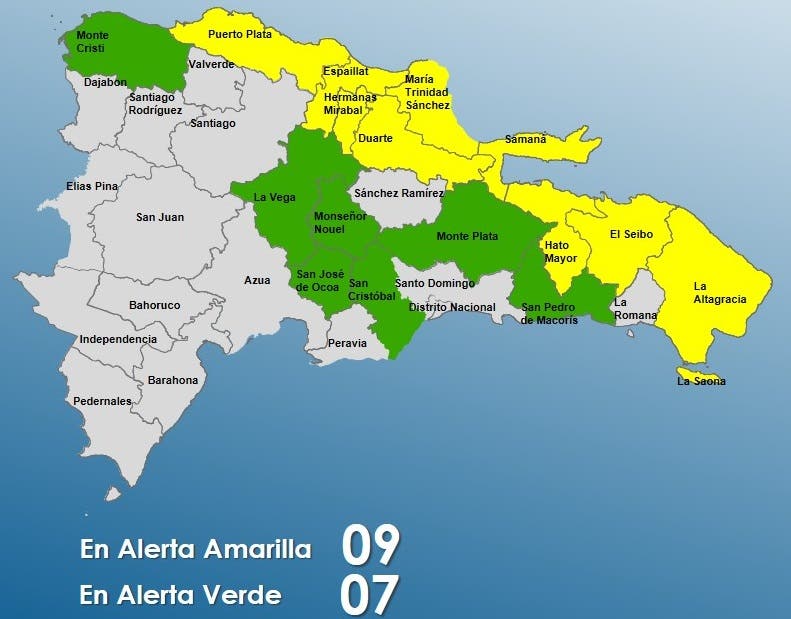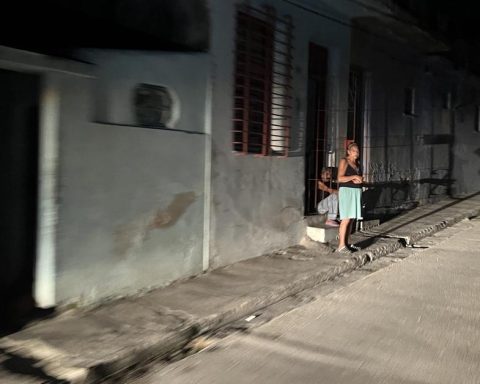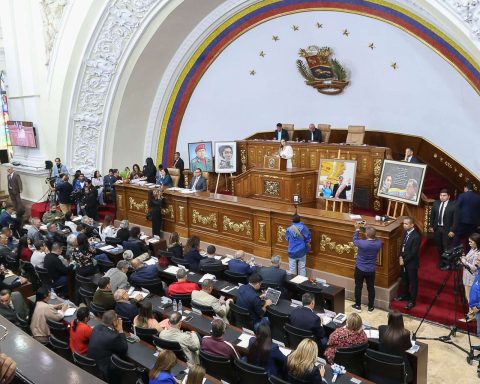With the intention of explaining the different deficiencies in the selection of new members of the National Board of Justice (JNJ)today the hearing will be held at the Inter-American Commission on Human Rights (IACHR) entitled “Democracy and the effects of the JNJ selection process.” It will be as part of the 191st period of sessions.
At the end of October, the new regular members of the institution were sworn in before the special commission that elected them: Gino Ríos, Francisco Távara, Jaime De la Puente, María Teresa Cabrera, Víctor Chanduví, Germán Serkovik and Rafael Ruiz. They will take office in January, when the constitutional mandate of the current magistrates expires.
YOU CAN SEE:
https://larepublica.pe/politica/2024/10/29/junta-nacional-de-justicia-publica-el-cuadro-de-meritos-final-del-concurso-conoce-a-los-nuevos-miembros- elected-mdga-297975
The hearing before the IACHR was requested by the Legal Defense Institute (IDL). According to Cruz Silva, from IDL-Justicia Viva, the aim is to make visible “the serious problems, deficiencies, gaps and violations of fundamental rights and principles that have occurred in this selection process, which are diverse.”
He added that the presentation will include the recommendations and central observations of the final report of the International Observation Mission (MIO-Peru), among other documents.
According to the MIO-Peru, the process that led to the appointment of the new members of the JNJ did not meet the minimum international standards that could be expected.
In summary, the MIO accused a lack of transparency, insufficient participation of suitable candidate profiles and a deficient selection process without clear protocols for the evaluation of applicants.
“The MIO concludes that the JNJ selection process was carried out without meeting minimum standards of transparency, publicity, citizen oversight, openness to scrutiny, technical criteria in the preparation of knowledge and trust tests, and equal conditions for the participating people,” reads the 52-page document that was released at the beginning of this month.
In the spotlight
The JNJ is a central element in the justice administration system. For example, it appoints and ratifies judges and prosecutors. It also does the same with the heads of the National Office of Electoral Processes (Onpe) and the National Registry of Identification and Civil Status (Reniec).
Since 2023, the Legislative Branch has tried to control it. They disqualified Inés Tello and Aldo Vásquez, although the Judiciary later ordered that they be replaced. Congress then filed a jurisdictional lawsuit before the Constitutional Court (TC) to try to reverse the decision, but it did not reach the necessary votes.
The commission that was responsible for the recent selection process in the JNJ has been led by the ombudsman, Josué Gutiérrez, elected to lead the Ombudsman’s Office by the current Plenary.
Gutiérrez, a former congressman, is someone close to Parliament. In an interview with La República, the former acting defender, Eliana Revollarnarrated that when the transfer process had to be carried out, he asked him to go to the Legislative headquarters, where he felt “very comfortable.”
It should be noted that on Wednesday the superior judge, Oswaldo Ordoñez, also in a hearing at the IACHR, stated that in Peru the parliamentary majority with the Executive have been destabilizing the justice system and weakening the Judiciary and the Public Ministry.
Ordoñez, a member of the Latin American Federation of Magistrates, denounced a climate of harassment and persecution by Congress and the Government itself against judges and prosecutors and the approval of laws that undermine the balance of powers.
A statement today from the PJ indicated that what Ordoñez said does not represent an institutional position and that he acted in his capacity as president of the National Association of Magistrates of Peru, a legal entity under private law.
